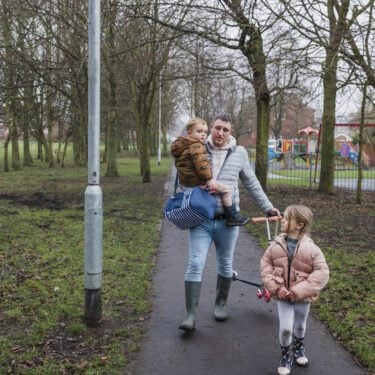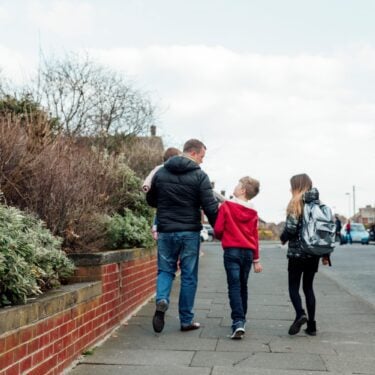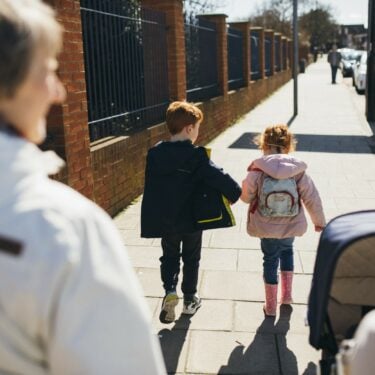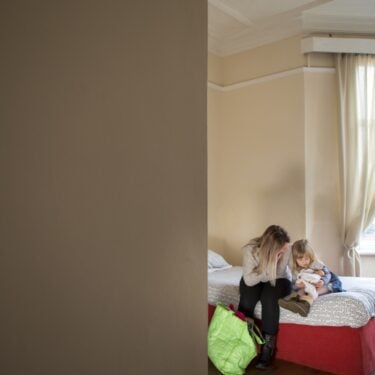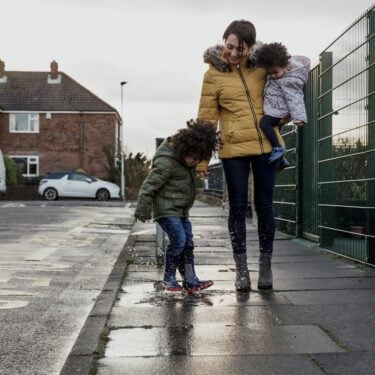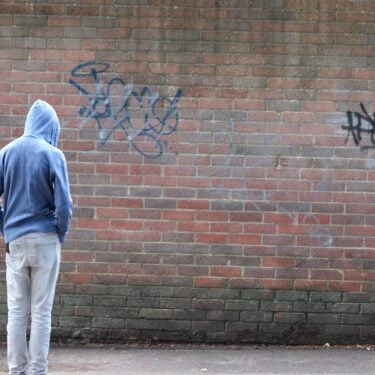Nuffield-funded research by Professor Liz Trinder which showed current divorce legislation leads to unnecessary conflict when marriages end, causing needless pain to families has contributed to the first major reform of divorce law for 50 years.
Today the Divorce, Dissolution and Separation Bill was passed. Whilst irretrievable breakdown remains the sole ground for divorce and dissolution, this will now be judged via a declaration that one or both of the parties want a divorce, rather than having to be proved by a legal fact such as allegations of adultery or behaviour or a two or five year separation.
Fault has been a central part of the divorce law in England and Wales since 1660. Professor Trinder’s Finding Fault research found the need to show fault is an empty legal ritual which creates or fuels conflict which can have a negative impact on children. The new legislation reflects Professor Trinder’s evidence, which showed the law incentivises people to “game” the system by making false allegations to secure a quicker divorce.
Nearly 60% of English and Welsh divorces are granted on a fault fact, such as adultery or behaviour, ten times more than neighbouring France and Scotland.
Professor Trinder, from the University of Exeter Law School, said: “I have been struck by the impressive and thoughtful contributions from MPs from all parties during the process of this legislation. Many discussed their own personal experiences of divorce and how the law had made it more difficult than it needed to be, all of which resonated with our research findings and the experiences of many practitioners.
“It is not the case that reform will make divorce easier, or undermine marriage. Currently the law does not protect marriage, but instead makes the process more traumatic for families. The new legislation means there will no longer be needless acrimony and game-playing.”
The Finding Fault studies included interviews with people going through divorce, focus groups with lawyers, observation of the court scrutiny process and analysis of divorce court files, coupled with a national opinion poll and comparative analysis of divorce law in other countries.
A total of 43% of respondents going through a fault divorce in the Finding Fault survey reported that the fact used was not closely related to the ‘real’ reason for the separation, while 62% of petitioners and 78% of respondents to a fault–based divorce reported that fault had made their divorce more bitter.
Professor Trinder said: “People take marriage very seriously, with the decision to split up being painful, difficult and usually very protracted. This legislation is a technical change to how to show evidence when a marriage has irretrievably broken down, and will mean the law better reflects the reality of divorce. The current process involves an often painful, and sometimes destructive, legal ritual involving fault that has no obvious benefits for the couple and their families, or society.”
Facts about the new legislation:
- It is a myth that fault makes divorce ‘hard’ to obtain. Professor Trinder’s research has shown that fault is used so often in England and Wales precisely because it is the means to get a faster and ‘easy’ divorce.
- The new legislation will still require the applicant(s) to actively reaffirm their intention to divorce on three separate occasions. This ‘triple lock’ is in contrast with other comparable countries where people must only actively confirm their intention to proceed on one or two occasions.
- It will still be possible to challenge the divorce if there is evidence of fraud, lack of jurisdiction or other procedural irregularities.
- It is possible the reform will produce a temporary spike in divorce as those currently waiting out a two- and five-year separation period bring their legal divorce forward. The likelihood is that the divorce rate will then revert back to normal, just as happened in Scotland following reforms in 2006.



























